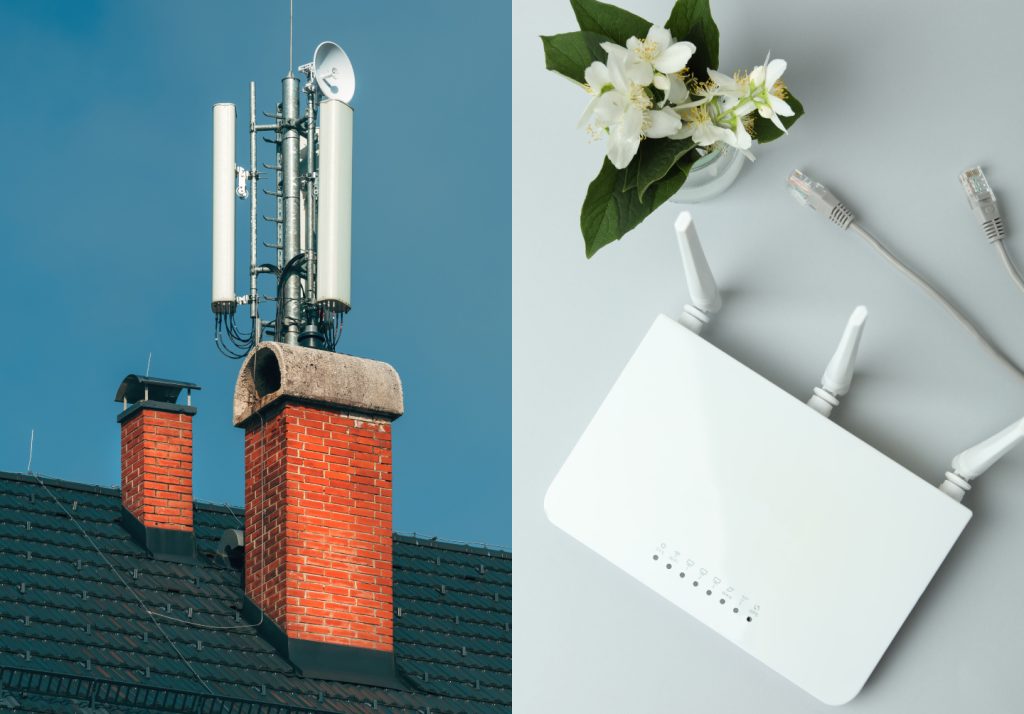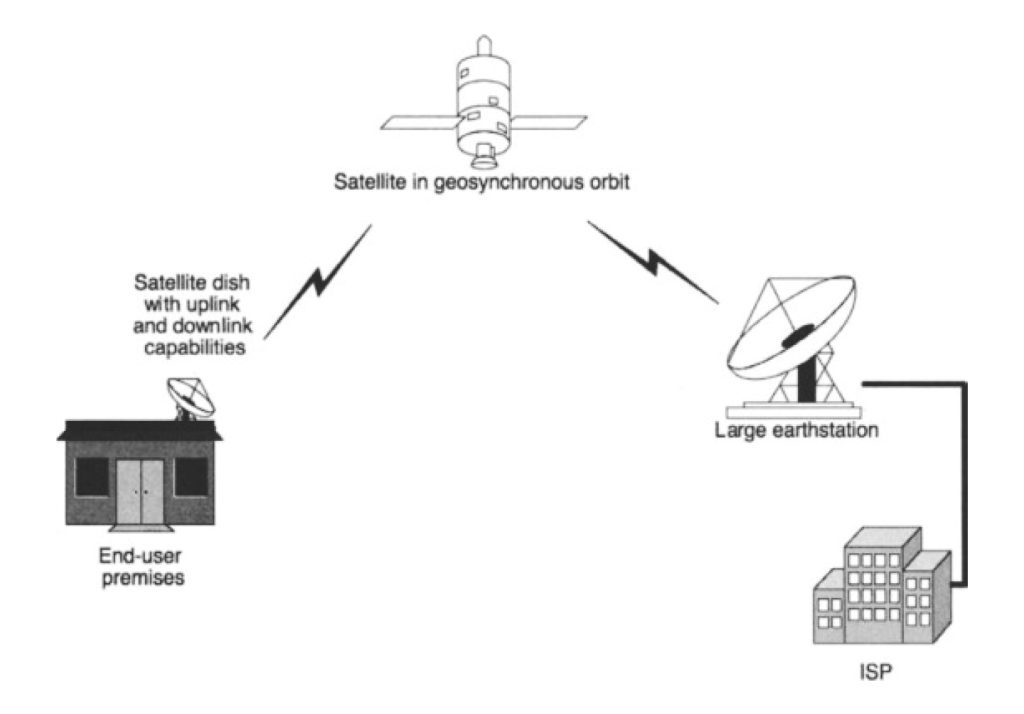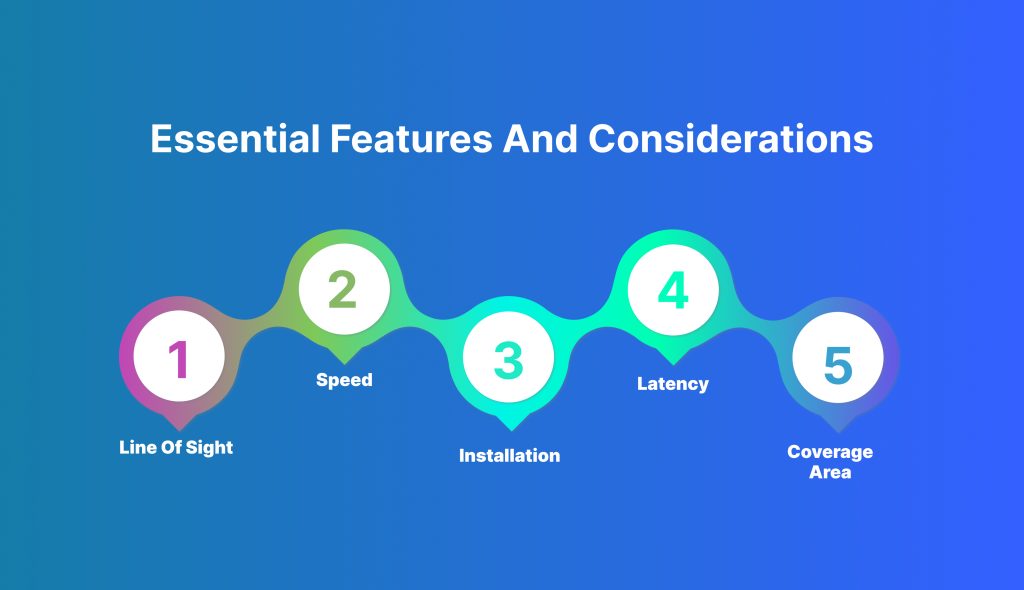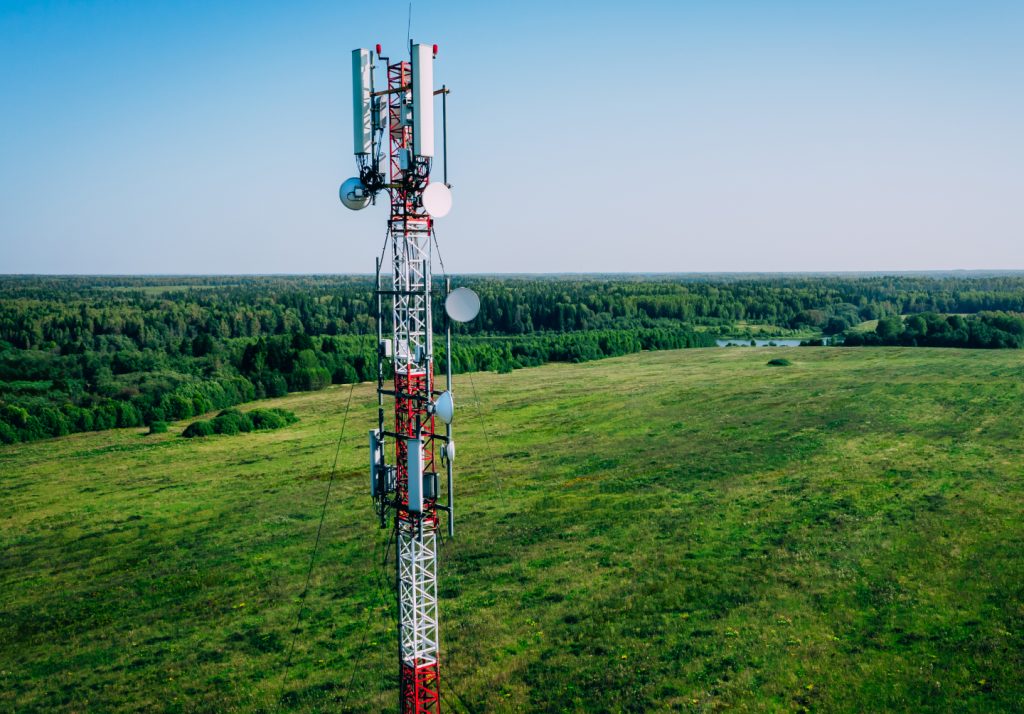
When it comes to choosing an internet connection, the choices seem endless, and the jargon can be confusing. You’ve probably heard terms like “fiber wireless,” “fixed wireless,” and “mobile broadband” tossed around, but what do they really mean for you? If you’re trying to figure out the best way to get online, whether for streaming your favorite shows, working from home, or just browsing the web, it’s crucial to understand the differences between these services.
Internet access has become a cornerstone of modern life, shaping the way you work, communicate, and entertain yourself. However, the type of internet you choose can significantly impact your online experience. Fixed wireless and mobile broadband are two popular options that cater to different needs. Whether you live in a rural area where wired connections are scarce, or you’re constantly on the move and need internet on the go, understanding these two options is key to making the right decision.
Fixed wireless internet and mobile broadband are both types of wireless connections, but they function in distinct ways. Fixed wireless is often compared to fiber wireless due to its reliability and speed, especially in areas where traditional fiber-optic cables can’t reach. On the other hand, mobile broadband offers flexibility, allowing you to connect wherever there’s a mobile signal. But how do you decide which is the right fit for you? Let’s break it down.
What is fixed wireless internet?
Fixed wireless internet is a service that provides internet connectivity using radio signals instead of physical cables like fiber optics. A base station transmits the internet signal to a receiver, typically installed on your home or office. This receiver is usually a small dish or antenna that picks up the signal and delivers high-speed internet to your network.
What makes fixed wireless stand out is its ability to bring high-speed internet to areas that might be underserved by traditional broadband services. If you live in a rural area where laying down fiber cables is impractical or too costly, fixed wireless could be a game-changer. It offers a reliable connection without the need for extensive infrastructure.
What is mobile broadband internet?
Mobile broadband internet is a service that uses cellular networks to provide internet access to your devices. It’s the same technology that powers your smartphone’s data connection, allowing you to browse the web, stream videos, or check your email while you’re out and about. With mobile broadband, your internet is tied to the cellular network, so as long as there’s a signal, you’re connected.
This type of internet is incredibly convenient, especially if you’re someone who needs to stay connected on the go. Whether you’re using a mobile hotspot device, a SIM card in a tablet, or simply your smartphone, mobile broadband offers a flexible solution for internet access, no matter where you are.
How does fixed wireless internet function?
Fixed wireless internet operates by transmitting data between a central base station and a receiver located at your home or business. The base station is usually connected to the wider internet infrastructure through fiber or other high-capacity means, ensuring that the signal sent to your receiver is strong and stable.
Here’s how it works: the base station sends out a radio signal, which is then captured by your receiver. This signal is converted into an internet connection that you can use just like any other broadband service. The key to fixed wireless is having a clear line of sight between the base station and your receiver. Obstacles like tall buildings, trees, or even bad weather can affect the quality of the connection. But with the right setup, fixed wireless can deliver impressive speeds and reliability, making it an excellent alternative to wired broadband in hard-to-reach areas.
Essential features and considerations
When deciding between fixed wireless and mobile broadband, there are several important factors you should consider:
- Line of Sight: Fixed wireless requires a clear, unobstructed line of sight between the base station and your receiver. This means that geographical features like hills or trees can impact your connection.
- Speed: Fixed wireless internet can offer speeds comparable to fiber wireless in some areas, but this varies depending on your location and the quality of the service provider.
- Installation: Unlike mobile broadband, which is plug-and-play, fixed wireless requires professional installation of a receiver. This process can take time and might involve a site survey to ensure optimal placement of the equipment.
- Latency: Fixed wireless generally has lower latency than satellite internet, making it better for activities that require real-time responses, like gaming or video conferencing. However, it may not match the low latency of fiber connections.
- Coverage Area: Mobile broadband relies on cellular coverage, which means it’s available almost everywhere there’s a mobile signal. Fixed wireless, while more stable, is limited to the range of the base station and the line of sight.
How do fixed wireless and mobile wireless internet differ?
Fixed wireless and mobile broadband differ primarily in their intended use and functionality. Fixed wireless is designed for stationary use, providing a stable, high-speed connection to a specific location, like your home or office. This makes it similar to fiber wireless, particularly in areas where fiber optic lines aren’t available.
Mobile broadband, in contrast, is all about mobility. It’s meant to be used on the go, allowing you to connect wherever you have cellular coverage. This makes mobile broadband highly versatile, but it also means that its speed and reliability can vary depending on your location and network congestion.
In essence, if you need a consistent, high-speed connection for a specific location, fixed wireless might be the way to go. If you value flexibility and need to stay connected while moving around, mobile broadband is likely a better fit.
Pros and cons of mobile broadband and fixed wireless
When comparing mobile broadband and fixed wireless, it’s helpful to weigh their advantages and disadvantages side by side. Here’s a quick look:
| Feature | Mobile Broadband | Fixed Wireless |
| Portability | Highly portable, works wherever there’s a cellular signal. | Stationary, tied to a specific location with a receiver. |
| Installation | No installation required, just plug in and go. | Requires professional installation of a receiver. |
| Speed | Speed varies with location and network congestion. | Can offer high speeds, sometimes comparable to fiber in some areas. |
| Data Caps | Often comes with data limits, especially on cheaper plans. | Data limits vary by provider, but some offer unlimited options. |
| Reliability | Signal strength can vary; prone to drops in crowded areas. | More stable and reliable, especially in rural areas. |
| Latency | Generally higher latency due to network variability. | Lower latency, better for gaming and video calls. |
Is choosing fixed wireless a better option than fiber or cable internet?
When it comes to choosing between fixed wireless and more traditional options like fiber or cable, the decision often depends on your specific circumstances. If fiber or cable internet is available in your area, these options typically offer the best performance in terms of speed and reliability. Fiber, in particular, provides unparalleled download and upload speeds, with extremely low latency, making it ideal for activities like streaming, gaming, and large file transfers.
However, if you’re in a rural or remote area where laying fiber or cable lines is not feasible, fixed wireless becomes a strong contender. It offers a significant upgrade over satellite internet and can rival lower-tier fiber and cable plans in terms of speed and reliability. The key is to weigh the availability and cost of these services in your area.
Why fiber internet outperforms other options
Fiber internet is often hailed as the gold standard of internet connectivity. It uses fiber-optic cables that transmit data at the speed of light, providing incredibly fast download and upload speeds with almost no latency. This makes fiber ideal for a range of demanding online activities, from HD video streaming to competitive online gaming and telecommuting with large file transfers.
Fiber’s performance is generally superior to both fixed wireless and mobile broadband. It’s more consistent, less affected by weather or physical obstructions, and capable of handling multiple high-bandwidth activities simultaneously without slowing down. The main drawback is that fiber is not yet available everywhere, particularly in rural areas, and it can be more expensive than other options.
Which providers offer fixed wireless internet services?
Several providers specialize in fixed wireless internet, particularly in rural and underserved areas. These include both national companies and smaller regional providers that focus on specific communities. When choosing a provider, it’s important to compare not just the speeds and prices, but also the quality of service and customer support.
Which providers offer mobile broadband internet?
Mobile broadband is offered by most major cellular providers. These include companies that offer nationwide coverage
and have established networks to ensure you stay connected wherever you go. When selecting a mobile broadband provider, consider the coverage area, data plans, and the compatibility of their network with your devices.
Which wireless internet option is most suitable for rural or remote areas?
For rural or remote areas, fixed wireless internet often emerges as the better option. This is because laying down fiber or cable lines in these regions can be cost-prohibitive, and satellite internet, while available, tends to suffer from high latency and weather-related issues. Fixed wireless, on the other hand, can provide a stable, high-speed connection with relatively low latency, making it a solid choice for those in hard-to-reach areas.
Mobile broadband can also be used in rural areas, but it’s highly dependent on the strength of the cellular signal. In places where cell coverage is weak or inconsistent, fixed wireless will likely provide a more reliable connection.
Are there any drawbacks to using fixed wireless internet?
While fixed wireless internet offers many advantages, there are a few potential drawbacks to consider:
- Line of Sight Requirement: The need for a clear line of sight between the base station and your receiver means that obstructions like buildings, trees, or even severe weather can interfere with your connection.
- Limited Coverage: Fixed wireless is only available in certain areas, often in rural or suburban locations. If you’re in a highly urbanized area, you might not have access to this service.
- Installation: Fixed wireless requires professional installation of equipment, which can be time-consuming and may involve additional costs.
- Weather Sensitivity: While fixed wireless is generally reliable, extreme weather conditions like heavy rain or snow can sometimes impact the signal quality.
Can mobile wireless internet support multiple devices?
Yes, mobile wireless internet can support multiple devices, but the number of devices and the quality of the connection can vary depending on your data plan and the strength of the cellular signal. Most mobile broadband plans allow you to connect several devices simultaneously, either through a mobile hotspot or directly to the cellular network. However, if too many devices are connected, you might experience slower speeds, especially if your data plan has limited bandwidth or if you’re in an area with heavy network traffic.
How does the signal strength of fixed wireless internet compare to mobile wireless?
The signal strength of fixed wireless internet generally tends to be more stable and robust compared to mobile wireless, especially when the line of sight between your receiver and the base station is clear. Fixed wireless operates on a direct link to a base station, which means it’s less susceptible to the kind of variability you might experience with mobile wireless, where signal strength can fluctuate based on factors like network congestion, weather, or your distance from the nearest cell tower.
In contrast, mobile wireless relies on a broader cellular network, and the signal can vary as you move around or as more users connect to the network. While mobile broadband offers the advantage of portability, its signal strength might not be as consistent as that of fixed wireless, particularly in areas with poor cellular coverage.
Can I get an unlimited data plan with fixed wireless internet?
The availability of unlimited data plans for fixed wireless internet can vary depending on the provider. Some fixed wireless providers offer unlimited data plans, which can be particularly appealing if you’re a heavy internet user. However, it’s important to read the fine print, as some so-called “unlimited” plans may still have data thresholds that, once exceeded, could result in reduced speeds or other restrictions.
On the other hand, many mobile broadband plans also offer unlimited data options, though they often come with similar caveats, such as throttling after a certain data usage or prioritizing traffic during times of network congestion. If having truly unlimited, unthrottled internet is important to you, it’s worth carefully comparing the terms and conditions of the fixed wireless plans available in your area.
Conclusion
Choosing between fixed wireless and mobile broadband internet largely depends on your specific needs and circumstances. If you live in a rural or remote area, or if you need a reliable, high-speed connection for a fixed location, fixed wireless is often the superior choice. It can provide stable internet access where traditional wired services are unavailable or impractical.
If you’re someone who values mobility and needs to stay connected while on the move, mobile broadband is hard to beat. Its flexibility makes it ideal for travelers, remote workers, or anyone who requires internet access across multiple locations.
Ultimately, both options have their strengths and weaknesses, so it’s important to consider your usage habits, location, and budget when making your decision. Whether you opt for the consistency of fixed wireless or the flexibility of mobile broadband, understanding how each service works will ensure you get the most out of your internet connection.





